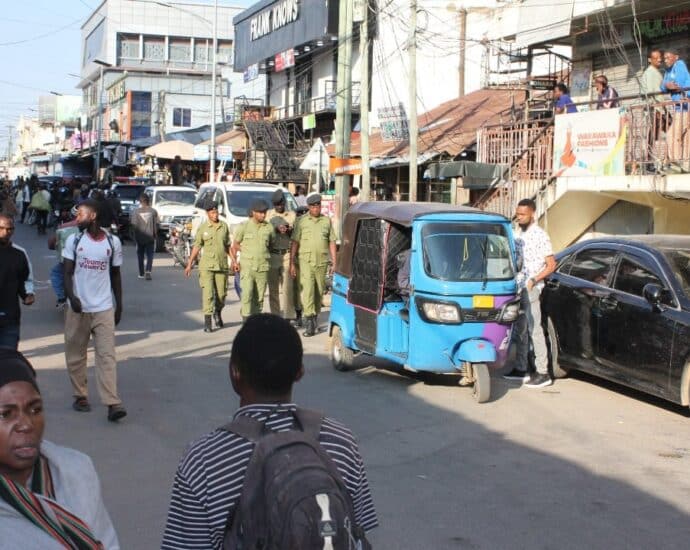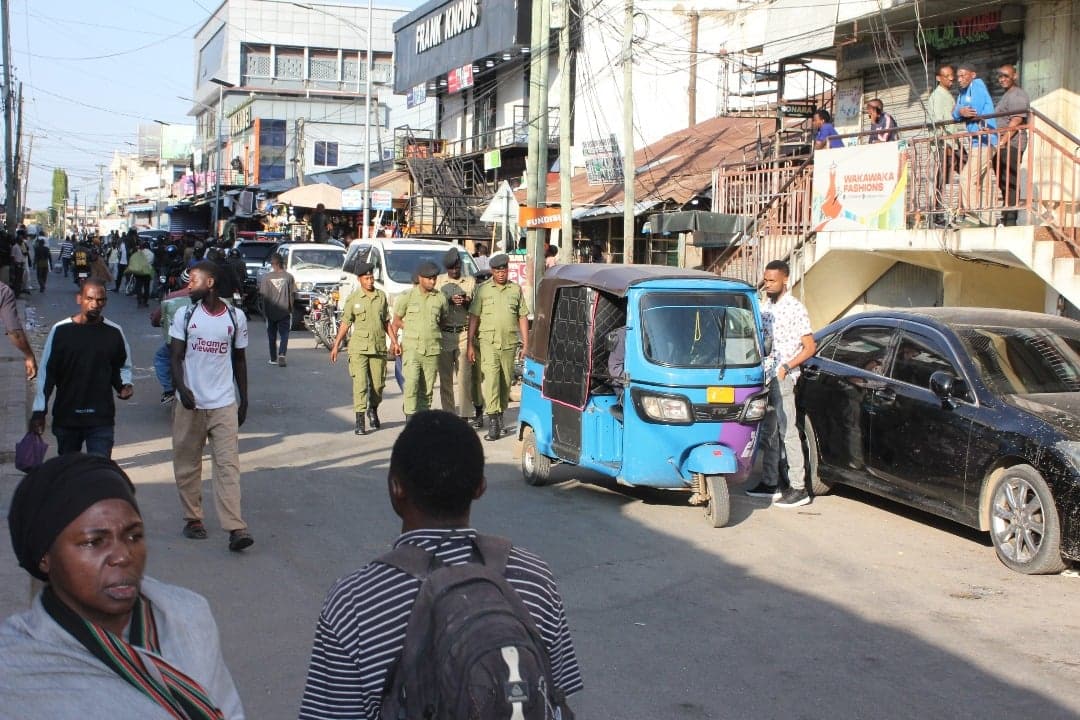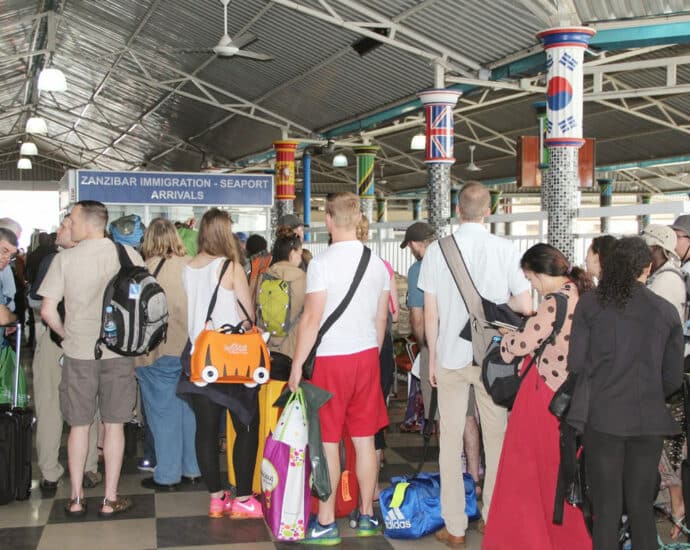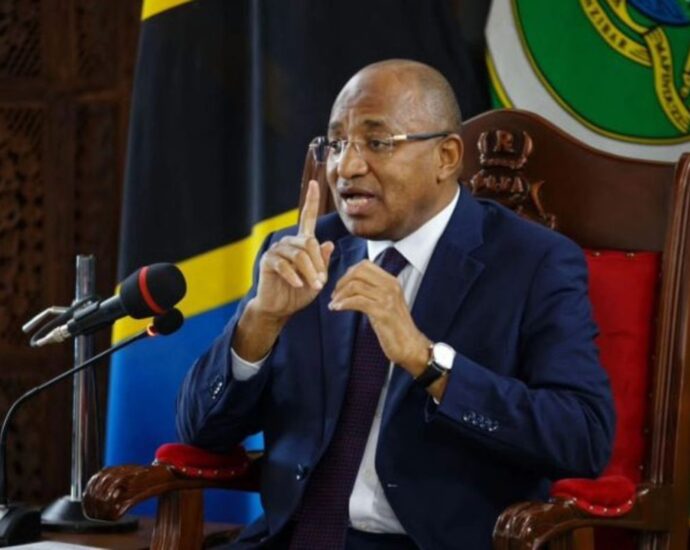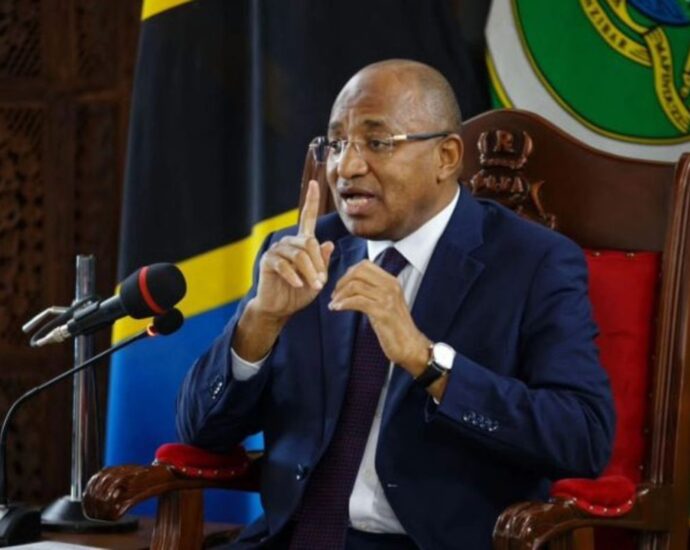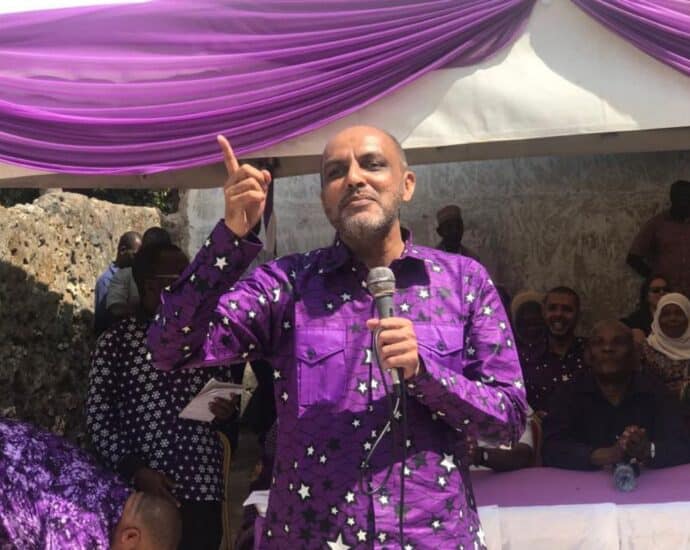Tanzania: Resettlement Brings Renewed Hope for Congolese Refugee Family in Tanzania
After 28 years in Tanzania’s Nyarugusu refugee camp, Ekyamba Alonda, 49, his wife Yohali and ten children, stand on the brink of resettlement to the United States of America, embodying a story of struggle, transformation, and the hope of a fresh start.
In 1996, deadly violence broke out in Ekyamba’s hometown in the Democratic Republic of Congo (DRC), forcing his family and he to flee for their lives.
“We witnessed unspeakable horrors,” recalls Ekyamba Alonda the father of the family. “The moment I saw my uncle being shot right before our eyes is when I realized our only chance for survival was to leave,” he said.
Their journey to safety was fraught with peril, as they trekked through deep forests for two weeks until they reached safety at the shores of Lake Tanganyika. From there, they found passage into Tanzania, finding refuge in Nyarugusu refugee camp.
Settling in the camp, the Ekyambas found a semblance of normalcy amidst the uncertainty.
“The camp became our home. It is where we raised our ten children, where we found a community that shared our pain and our hopes,” said Yohali.
A new lease to life
After years of a rigorous submission process, the Ekyamba family finally received the news that they had been selected for resettlement in the United States of America in December 2023, bringing renewed hope for a better future. The resettlement process is comprehensive including identification, referral, interviews, and assessments, all aimed at preparing refugees like the Ekyamba family for a new life.
Congolese refugee families are boarding the bus from the Transit Center in Kasulu town to Kasulu airstrip as they begin their resettlement journey abroad.
© UNHCR/Sishuo Zhu Congolese refugee families depart from Kasulu airstrip to Dar es Salaam, Tanzania, as they begin their resettlement journey abroad.
© UNHCR/Sishuo Zhu Previous Next “When we received the news, it felt like we had just been given a new lease to life, a new beginning,” said Ekyamba. “With nonstop fighting in the DRC, returning home was impossible. And how can we when we have lost our land and livelihoods? The many years we have lived in the camp have also disconnected us from our roots; it would never have been the same,” he added.
“This opportunity to be resettled in the US gives me hope that my children can have a better education, and a chance for me to support my family as a breadwinner once again. For this opportunity, I am immensely grateful,” said Ekyamba.
Two of Ekyamba’s children together with his granddaughter have since departed.
“Dressed in their best, surrounded by friends and family, we watched as they boarded the bus. The camp erupted in cheers and tears – a farewell that etched itself in their hearts. This moment marked the end of their life in the camp and the beginning of their journey towards a new horizon,” remembered Ekyamba.
“Our hope is to build a secure future for our children.”Ekyamba Alonda, Congolese refugee
For UNHCR, the UN Refugee Agency, enhancing long term solutions to end cycles of displacement for people forced to flee is a key priority. Whether through supporting refugees to voluntarily and safely return back to their home countries, integrating them in the countries they have sought refuge or resettling refugees to a third country, UNHCR remains committed to ending the plight of forcibly displaced people in a sustainable manner. In 2023, UNHCR in Tanzania supported the resettlement of nearly 8,000 refugees mainly to Australia, Canada, France, and the United States.
For the Ekyambas, the journey ahead is filled with both excitement and apprehension.
“Our hope is to build a secure future for our children in the U.S and I hope they can benefit a bit from their talent for sport to build themselves a better future,” explains Ekyamba, “But adapting to a new culture and legal system will be challenging.” Nonetheless, the Ekyambas are determined to depart with courage and optimism.
Between 2012 and 2023, over 30,000 Congolese refugees have found new beginnings after being resettled from Tanzania. Yet a significant challenge looms. Currently, UNHCR has only received 15 percent of funds needed for the refugee response in Tanzania. Specifically on resettlement, 40 percent remains unfunded.
UNHCR continues to urgently appeal for stronger donor support for the refugee response in Tanzania, and help refugees build a future filled with dignity, opportunity, and hope.
Source: allafrica.com



